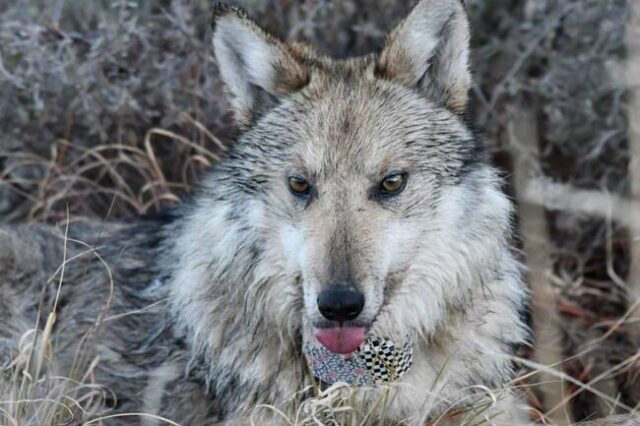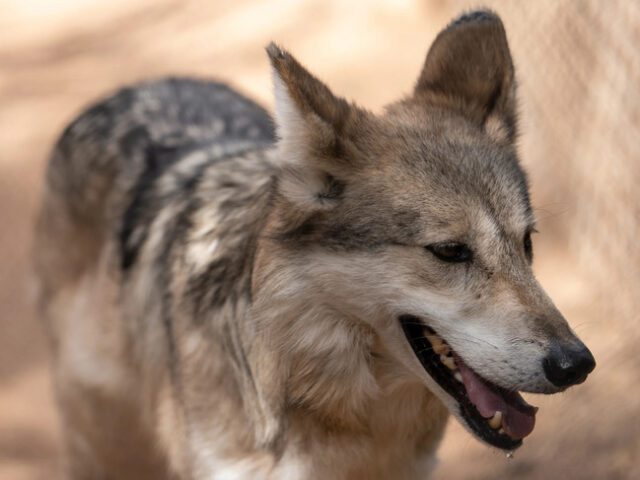
The annual survey conducted by the US Fish and Wildlife Service revealed promising results for the wild population of Mexican wolves in 2023. With a minimum count of 257 wolves across Arizona and New Mexico, this marks the eighth consecutive year of population growth, showcasing the continued success of recovery efforts. Jim deVos, the Mexican Wolf Coordinator at the Arizona Game and Fish Department, highlights the significant strides made since the inception of recovery initiatives, emphasizing the expansion of wolf territories and the positive outcomes of genetic management through fostering programs. The data underscores a hopeful trajectory for Mexican wolf recovery, buoyed by a decade of steady progress.

The fostering efforts in 2023 have proven particularly fruitful, with a minimum of 15 fostered Mexican wolf pups reaching breeding age and at least 10 successfully breeding in the wild. Brady McGee, the U.S. Fish and Wildlife Service Mexican Wolf Recovery Coordinator, applauds the diverse array of successes in the recovery endeavors, noting the crucial role of genetically diverse wolves in bolstering the wild population. The collaborative efforts of government agencies, conservationists, and wildlife experts have been instrumental in safeguarding the Mexican wolf, a subspecies listed as endangered under the federal Endangered Species Act. From the brink of extinction, the Mexican wolf has experienced a remarkable resurgence, owing much to the dedication of individuals like Rory T. McBride, whose transition from trapper to conservationist has left an indelible mark on the preservation of these magnificent creatures.


















